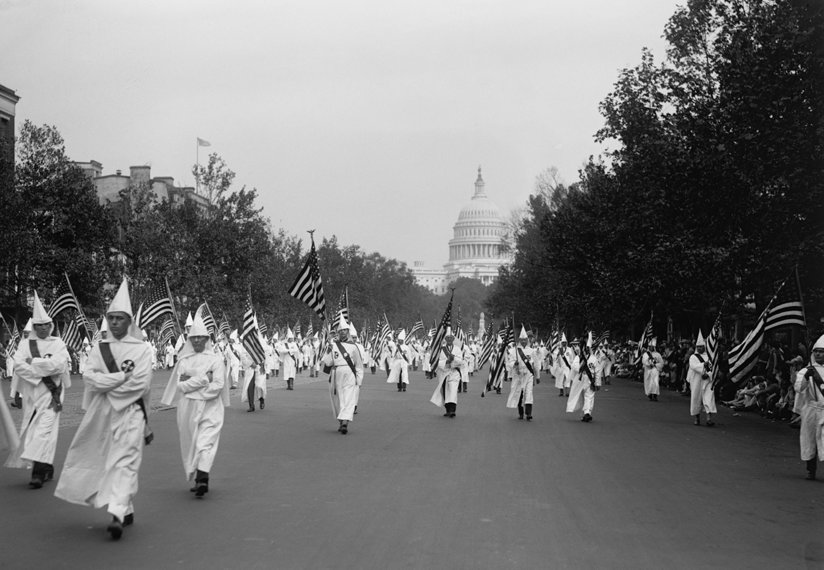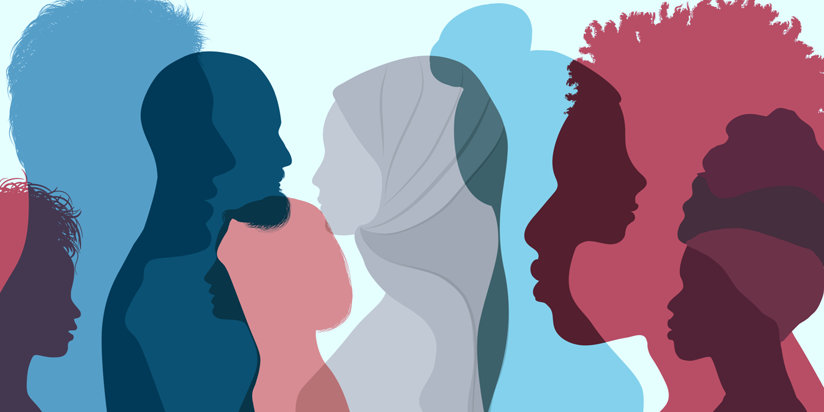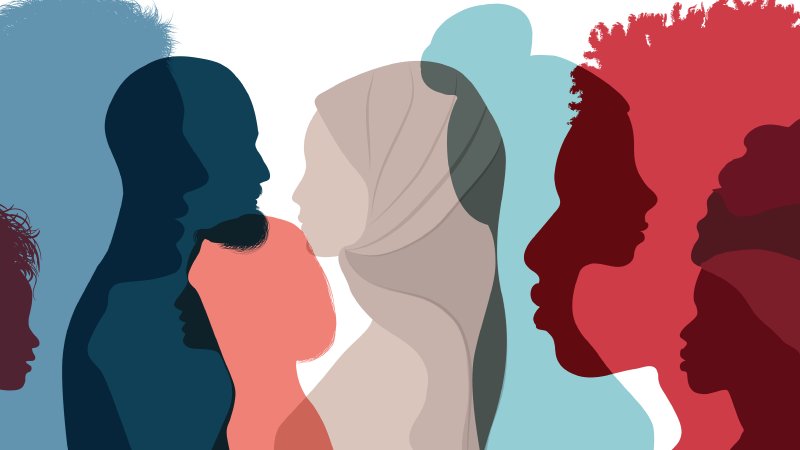
-
HOME
-
WHAT IS STANDOur Mission Our Values Our Help Contact
-
WHAT WE FIGHT FORReligious Freedom Religious Literacy Equality & Human Rights Inclusion & Respect Free Speech Responsible Journalism Corporate Accountability
-
RESOURCESExpert Studies Landmark Decisions White Papers FAQs David Miscavige Religious Freedom Resource Center Freedom of Religion & Human Rights Topic Index Priest-Penitent Privilege Islamophobia
-
HATE MONITORBiased Media Propagandists Hatemongers False Experts Hate Monitor Blog
-
NEWSROOMNews Media Watch Videos Blog
-
TAKE ACTIONCombat Hate & Discrimination Champion Freedom of Religion Demand Accountability
International Day of Tolerance Turns 25, and the World Is Turning a Corner
It is easy to believe that we live in mankind’s most tolerant age. Roman persecution of Christians, the Mughals’ suppression of Hindus, repeated slaughters of Jewish communities (this list could run practically to infinity) all can be viewed through the telephoto lens of history as the horrific deeds of what must sometimes seem like another species. Even the recent atrocities of Nazi Germany can appear to originate “over there.”
Certainly nothing like that could happen here.
Could it?

Did you know that in 1925, tens of thousands of hooded Ku Klux Klansmen marched in Washington, D.C., loudly protesting the participation of Blacks, Catholics, immigrants and Jews in American life? Tens of thousands.
Unfortunately, such intolerance is not so often bereft of its handmaiden, violence. Ask Isaac Woodard. On February 12, 1946, he was beaten so badly by a southern sheriff he was left permanently blind. His crime? Being Black on the Greyhound bus that was returning him home from three years’ service to his country during World War II.
An all-white jury acquitted the sheriff.
Certainly nothing like that could happen here. Could it?
American history is richly stained with the bloodshed of lynchings, burnings and killings, all sanctioned by blind intolerance.
So how do you cultivate tolerance?
“The United Nations is committed to strengthening tolerance by fostering mutual understanding among cultures and peoples,” says the UN’s website. To that end, the UN resolved in 1996 to set aside November 16 every year as the International Day of Tolerance.
In that resolution, the United Nations defined tolerance as “respect, acceptance and appreciation of the rich diversity of our world’s cultures, our forms of expression and ways of being human. It is fostered by knowledge, openness, communication and freedom of thought, conscience and belief. Tolerance is harmony in difference.”
The UN further provided an outline for cultivating tolerance:
- “Laws: Governments are responsible for enforcing human rights laws, for banning and punishing hate crimes and discrimination and for ensuring equal access to dispute settlement.
- “Education: Laws are necessary but not sufficient for countering intolerance, greater emphasis needs to be placed on educating more and better.
- “Access to information: The most efficient way to limit the influence of hatemongers is to promote press freedom and press pluralism, in order to allow the public to differentiate between facts and opinions.
- “Individual awareness: Intolerance breeds intolerance. In order to fight intolerance individuals should become aware of the link between their behavior and the vicious cycle of mistrust and violence in society.
- “Local solutions: When confronted with an escalation of intolerance around us, we must not wait for governments and institutions to act alone. We are all part of the solution.”
But the United Nations also cautions, “Tolerance is not concession, condescension or indulgence. Tolerance is, above all, an active attitude prompted by recognition of the universal human rights and fundamental freedoms of others… The practice of tolerance does not mean toleration of social injustice or the abandonment or weakening of one’s convictions.”

In this, the United Nations is addressing what has become known as the paradox of tolerance—a paradox articulated by philosopher Karl Popper in 1945: “If we extend unlimited tolerance even to those who are intolerant, if we are not prepared to defend a tolerant society against the onslaught of the intolerant, then the tolerant will be destroyed, and tolerance with them… I do not imply, for instance, that we should always suppress the utterance of intolerant philosophies; as long as we can counter them by rational argument and keep them in check by public opinion, suppression would certainly be most unwise.”
Coincidentally, this could easily be a blueprint for STAND, and many of the groups and individuals whom STAND has worked alongside over the years.
Today, November 16, will be the 25th anniversary of International Day of Tolerance. Celebrate, in whatever way you can. The world is turning a corner. There is an incredible amount of work to be done, but good people everywhere are doing it.
As the United Nations says, “The diversity of our world’s many religions, languages, cultures and ethnicities is not a pretext for conflict, but is a treasure that enriches us all.”









